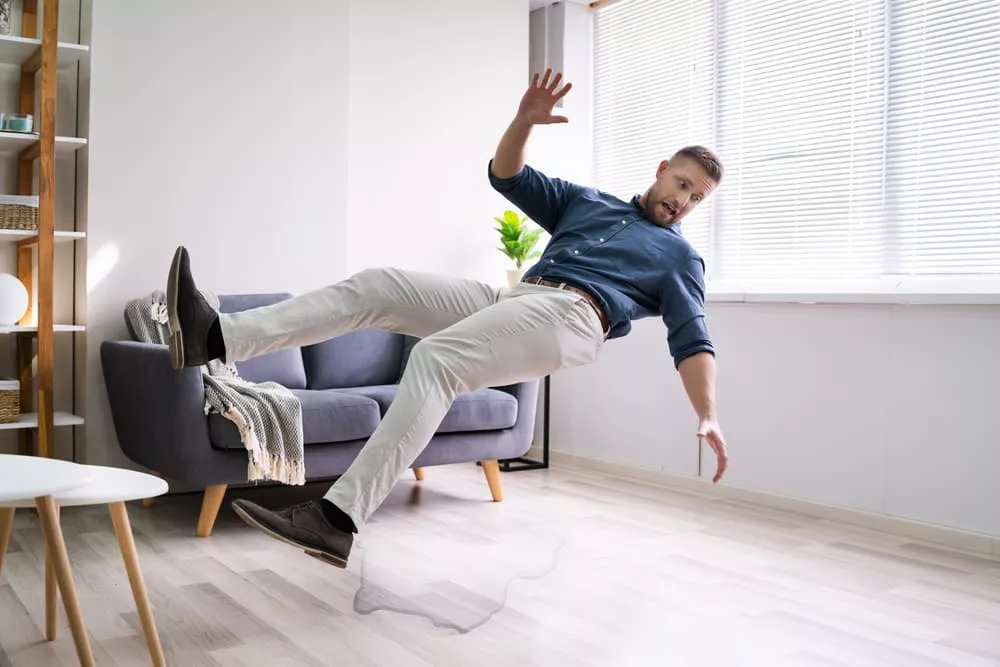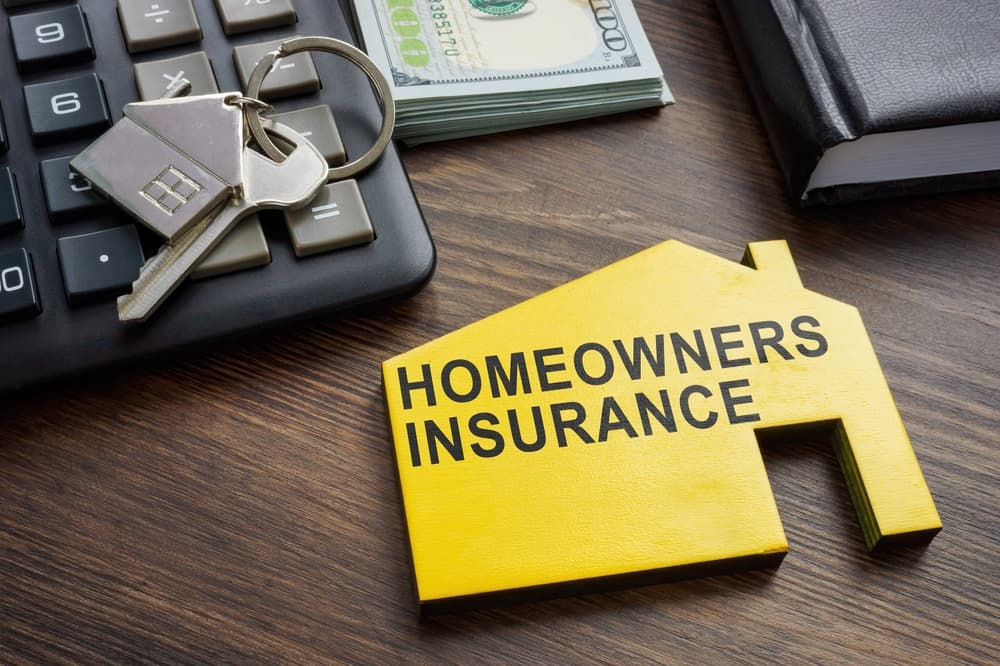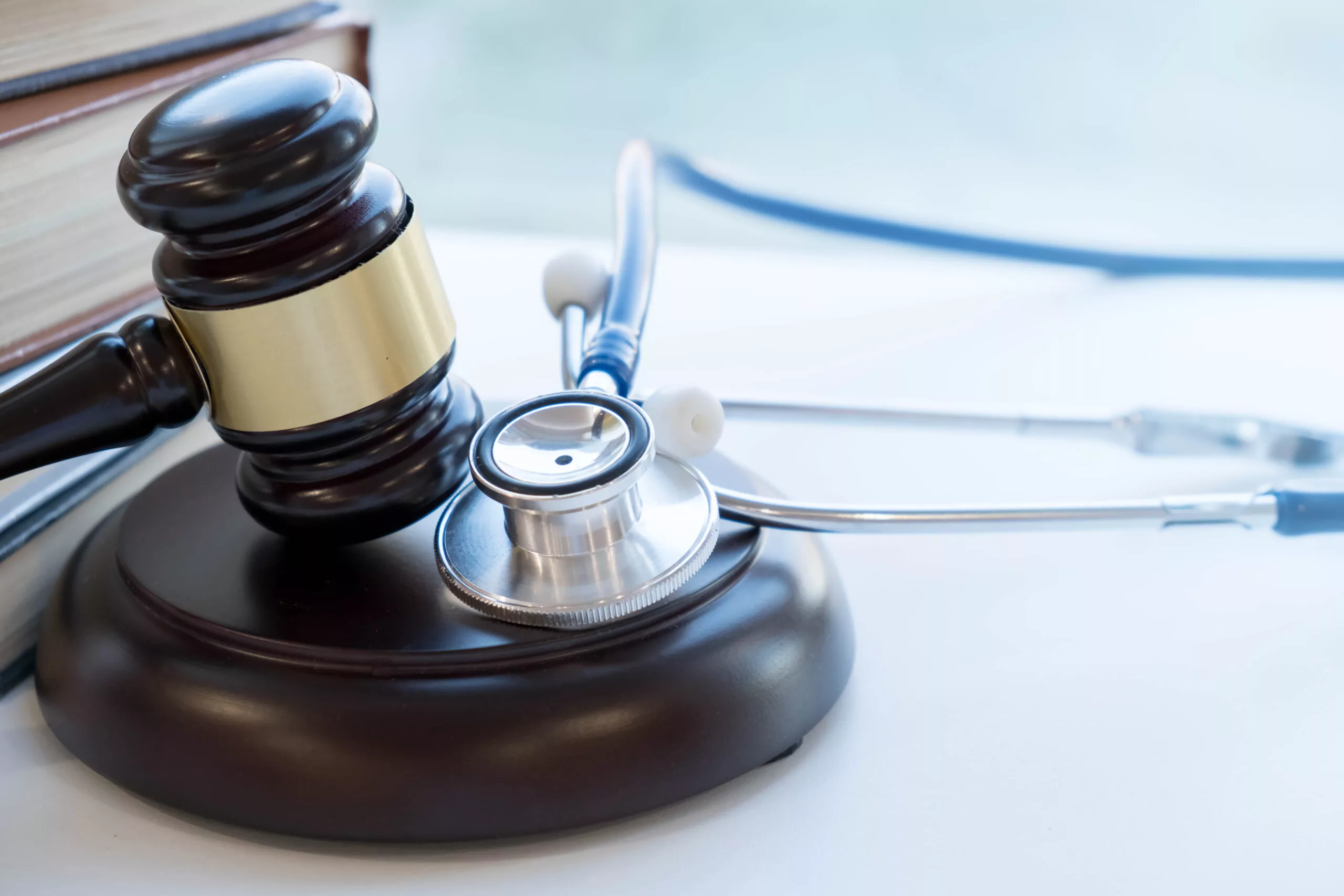Navigating the intricacies of homeowner’s insurance and understanding how it relates to accidents, such as slips and falls on your property, is a crucial part of responsible home ownership.
For those who have had the misfortune of experiencing a slip and fall accident at someone else’s home, a skilled Miami slip and fall accident lawyer can explain how homeowner’s insurance can pay for your damages.
Understanding Homeowners Insurance
Explanation of What Homeowner’s Insurance Covers
Homeowner’s insurance covers losses and damage to an individual’s house and assets within it. The policy usually covers interior and exterior damage to your house, loss or damage to personal belongings, and injury that arises while on the property.
Homeowner’s insurance generally covers sudden, unexpected damages, not gradual wear and tear. If, for example, a visitor slips and falls on a property due to a suddenly icy walkway, a homeowner’s insurance policy may cover their medical bills.
Importance of Homeowner’s Insurance in Liability Cases
Liability coverage provides financial protection should you or anyone on your policy cause injury or property damage to others. If a delivery person slips and falls on your property, for instance, your liability insurance can cover their medical expenses, their lost income, and your legal expenses if a lawsuit ensues.
This coverage can mean the difference between a manageable accident and a financial disaster.
Slip and Fall Claims: An Overview
A lawyer can explain slip and fall claims whether you are a homeowner or someone who suffered from this type of accident on another person’s property. These claims can potentially result in significant compensation, but you need a Miami personal injury lawyer to navigate the eligibility criteria and legal formalities.
Definition and Explanation of Slip and Fall Claims
Slip and fall claims refer to a specific type of personal injury lawsuit that a person can file when they slip, trip, or fall due to a hazardous condition on someone else’s property. These claims are a subset of the broader category of premises liability claims, where an owner or occupier is responsible for injuries that others sustained on their property.
If, for example, a visitor slips on a wet floor in your home and breaks their arm or suffers a traumatic brain injury, they might file a slip and fall claim against your homeowner’s insurance.
Common Causes of Slip and Fall Accidents
Slip and fall accidents can occur for numerous reasons. Common causes include slippery or wet surfaces, uneven flooring or carpeting, insufficient lighting, hidden hazards (including cables or wires), and poor property maintenance. Weather conditions such as ice or snow can also lead to slip and fall accidents, particularly when a homeowner fails to remove these hazards promptly.
Legal Aspects of Slip and Fall Claims
To establish a successful slip and fall claim, claimants typically need to prove three key elements. They first need to show that a dangerous condition existed on the property. They must then demonstrate that the owner knew, or reasonably should have known, about the condition and failed to correct it. The claimant must finally prove that this condition directly caused their injury.
A claimant’s actions at the time of the accident can influence these claims. If they acted carelessly or ignorantly, they may receive reduced compensation or none at all. Understanding the laws and legal mechanisms surrounding these claims is critical in securing maximum compensation.
The Intersection of Homeowner’s Insurance and Slip and Fall Claims
It’s now time to consider the point of confluence between homeowner’s insurance and slip and fall claims.
You may have the following questions: How does homeowner’s insurance come into play when a slip and fall claim arises? How does it influence the determination of compensation? What are the scenarios in which homeowner’s insurance may or may not cover a claim?
How Homeowner’s Insurance Comes Into Play in Slip and Fall Claims
If you fall victim to a slip and fall accident on a property, you may file a claim against the homeowner’s insurance to receive compensation for your injuries. The role of homeowner’s insurance in this instance is to protect the homeowner from the financial implications of such incidents.
After you file a claim, the insurance company initiates a process of investigation to establish the details of the accident. They scrutinize the circumstances of the incident, the homeowner’s role, and any potential negligence relating to it. If they deem your claim valid, the homeowner’s insurance could cover your medical bills, lost income, and even legal fees if you file a lawsuit.
The Role of Homeowner’s Insurance in Determining Compensation
The terms of the homeowner’s insurance policy and the specifics of the accident are the main determiners of compensation in a slip and fall claim. The insurance company will assess the severity of your injury, the circumstances under which the accident occurred, and the claim’s liability limits.
If a claimant was partially at fault for the accident, this could significantly change the amount of compensation.
The policy’s liability limits may further influence the compensation. If the cost of the claim surpasses the coverage limit, the homeowner might need to pay the remainder.
Scenarios Where Homeowner’s Insurance May or May Not Cover a Claim
While homeowner’s insurance aims to cover the costs relating to slip and fall accidents, there are certain situations where the insurance company may deny your claim.
If, for example, the insurer deems an accident to result from a homeowner’s neglect—such as a broken step that they never repaired—the insurance company may refuse to cover the claim. The same could hold true in cases where a claimant was negligent, such as trespassing or under the influence at the time of the accident.
The terms and conditions of your homeowner’s insurance policy and the specific details surrounding the accident play significant roles in determining whether or not you will receive compensation for your claim. This is why you must provide a safe, well-maintained property for visitors.
Factors Influencing Your Claim
Several factors can turn the tide in these types of accidents, including the role of negligence, a homeowner’s insurance policy limits, and the claimant’s actions during the incident.
The Role of Negligence in Slip and Fall Claims
Negligence plays a significant role in the resolution of slip and fall claims. Every property owner has a duty of care under the law to ensure the safety of visitors on their premises. Breach of this duty, leading to hazardous conditions that culminate in an accident, constitutes negligence.
If a homeowner was (or should have) known about a dangerous condition and did not try to correct it, you can hold them responsible. Negligence might include failing to repair a broken stair or clean up a floor spill.
A claimant’s negligence, however, can also influence the outcome of a claim. If the injured party ignored clear warning signs, entered restricted areas of a property, or contributed to their accident in any way, it might lead to a reduction or denial of their compensation.
The Policy Limits
Your homeowner’s insurance policy limits can profoundly influence the compensation in a slip and fall claim. Every insurance policy has a maximum limit up to which it can cover the costs relating to an accident.
If the costs exceed these policy limits, there might be serious financial implications. If, for instance, an injured party’s medical bills, income, and other damages surpass your coverage limit, you may be personally responsible for paying the rest. Evaluate your homeowner’s insurance policy limits to ascertain if it provides adequate coverage.
The Influence of a Claimant’s Actions
A claimant’s actions at the time of an accident can influence their slip and fall claim. If they acted recklessly or negligently when the incident occurred, it might reduce their eligibility for compensation.
Actions such as ignoring warnings, using a phone (or other distractions), wearing inappropriate footwear for the conditions, or venturing into off-limits parts of a property could constitute contributory negligence and lead to reduced or denied compensation based on the proportional fault of the claimant.
Navigating the Claim Process
The financial and legal implications of a slip and fall accident can compound the physical pain and trauma.
Understanding the appropriate steps to take immediately following an accident, knowing how to file a claim with the homeowner’s insurance, and learning effective strategies for dealing with insurance companies during the claim process can significantly ease this challenging time.
Steps to Take Immediately After a Slip and Fall Accident
After a slip and fall accident, protect yourself and ensure the best outcome for your potential claim.
Prioritize seeking immediate medical attention, regardless of whether your injuries seem minor. This provides documentation of your injuries, which can be crucial in a subsequent legal claim. Report the accident as soon as possible to the property owner or manager and request a copy of the accident report.
Keep a detailed record of your medical treatment, symptoms, and any other costs or losses relating to the accident. This information could be vital in supporting your claim.
The Process of Filing a Claim With a Homeowner’s Insurance
Once you have addressed the immediate concern of treating your injuries, the next step involves filing a claim with the homeowner’s insurance.
You must notify the homeowner or their insurance company of the accident and your intention to file a claim. Do this in writing and include details of the accident, such as the date, location, and nature of your injuries.
Insurance companies typically require prompt notification of an accident. They could deny your claim if you wait too long.
Tips for Dealing With Insurance Companies During the Claim Process
When dealing with insurance companies, there are a few key points to keep in mind. Always be truthful and accurate in your communications. Providing false or misleading information can hurt your claim.
Cooperate with the insurance company’s investigation, but avoid making statements or signing documents without first understanding their implications or checking with a hired competent personal injury lawyer. Insurance companies are businesses looking to minimize their payouts, so they may use what you say against you to lower the value of your claim or deny it outright.
Always keep copies of all communication and documentation relating to your claim. Having records will enable you to keep track of its progress, and it could help if disputes arise later on.
Contact an Experienced Slip and Fall Accident Attorney Today
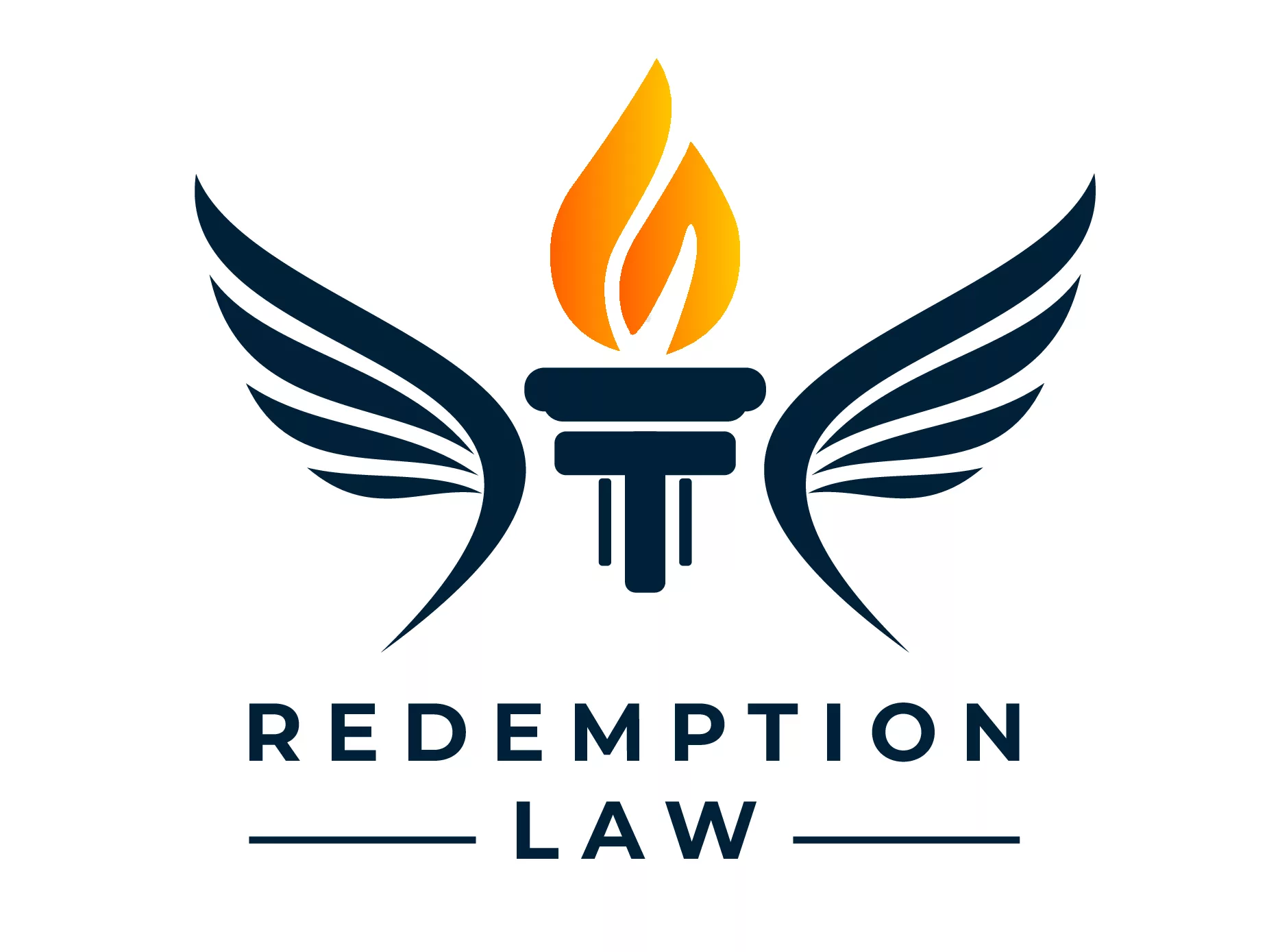
A lawyer can navigate the intricacies of a slip and fall claim. They know the legal procedures of such cases and can guide you through the entire process, from gathering evidence to negotiating with the insurance company.
Lawyers can review the circumstances of your accident, evaluate liability, and assess the true value of your claim based on your injuries and other damages. They can handle the documentation, meet the legal deadlines, and counter any tactics the insurance company might use to minimize your settlement. If the insurance company refuses to offer a fair settlement, a lawyer can escalate the matter to court to fight for your rights.
To get further information regarding your slip and fall accident, contact an experienced Miami personal injury attorney today and review your case for free.
Related articles
Related articles Related articles Related articles Related articles Related articles Related articles Related articles Related articles Related articles Related articles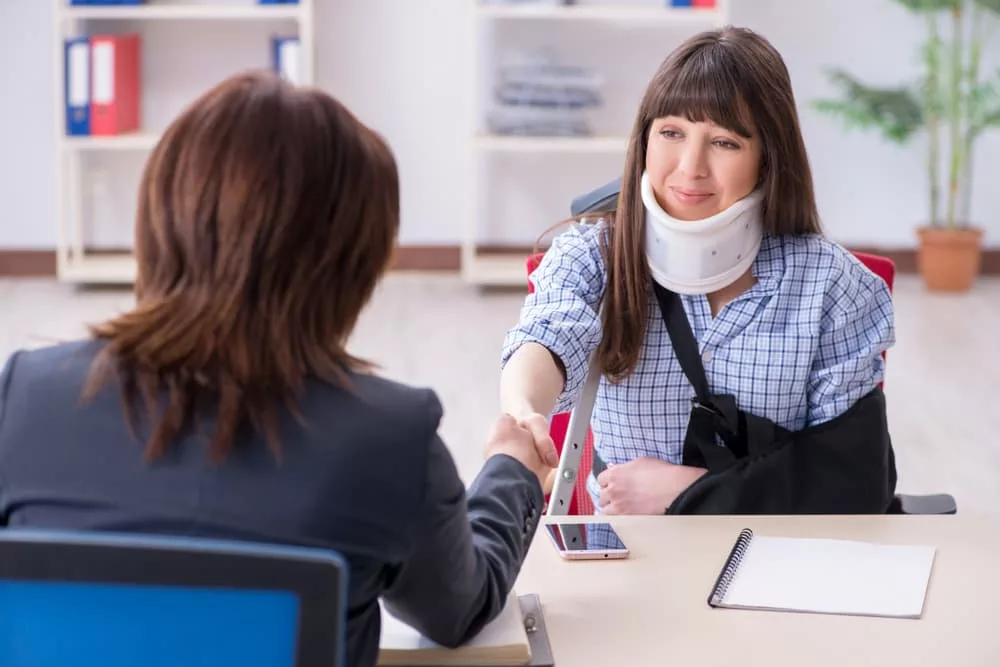
Personal Injury
02 Feb 2024
How Long After An Accident Can You Claim Injury?




